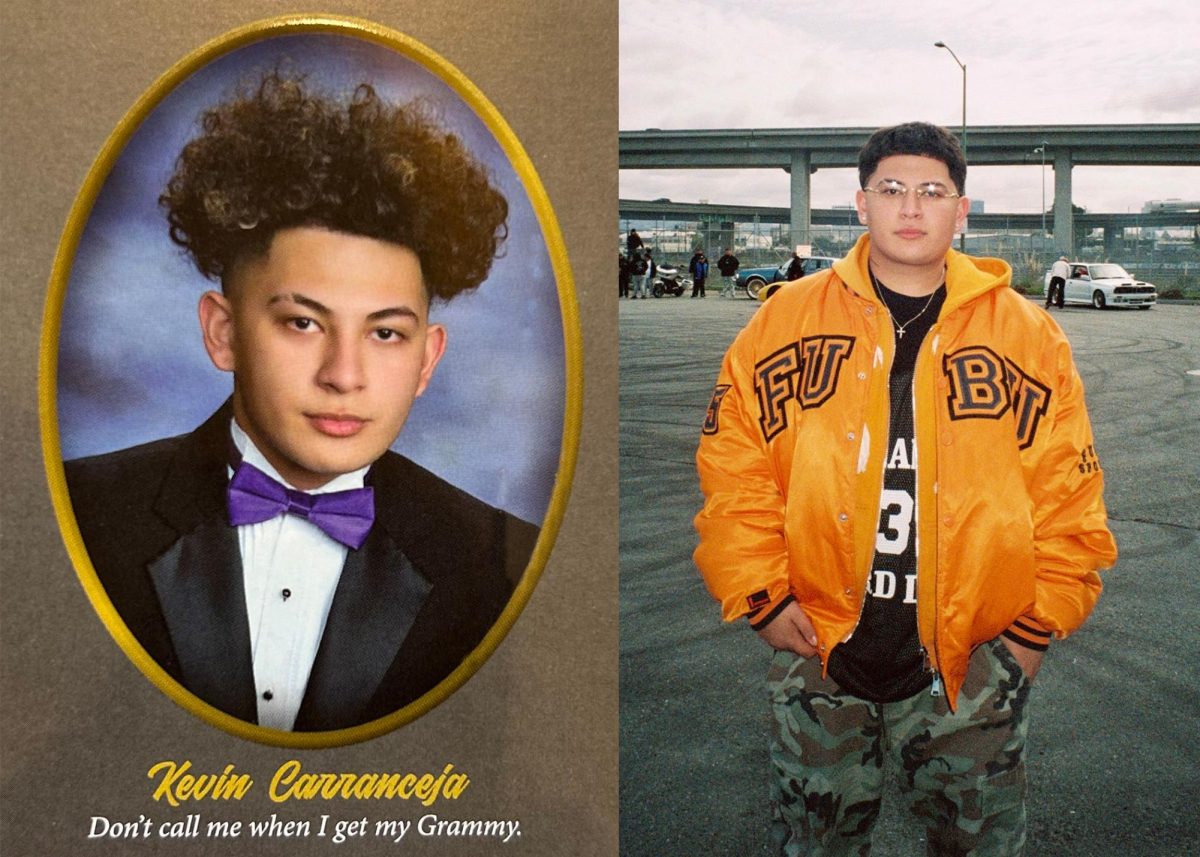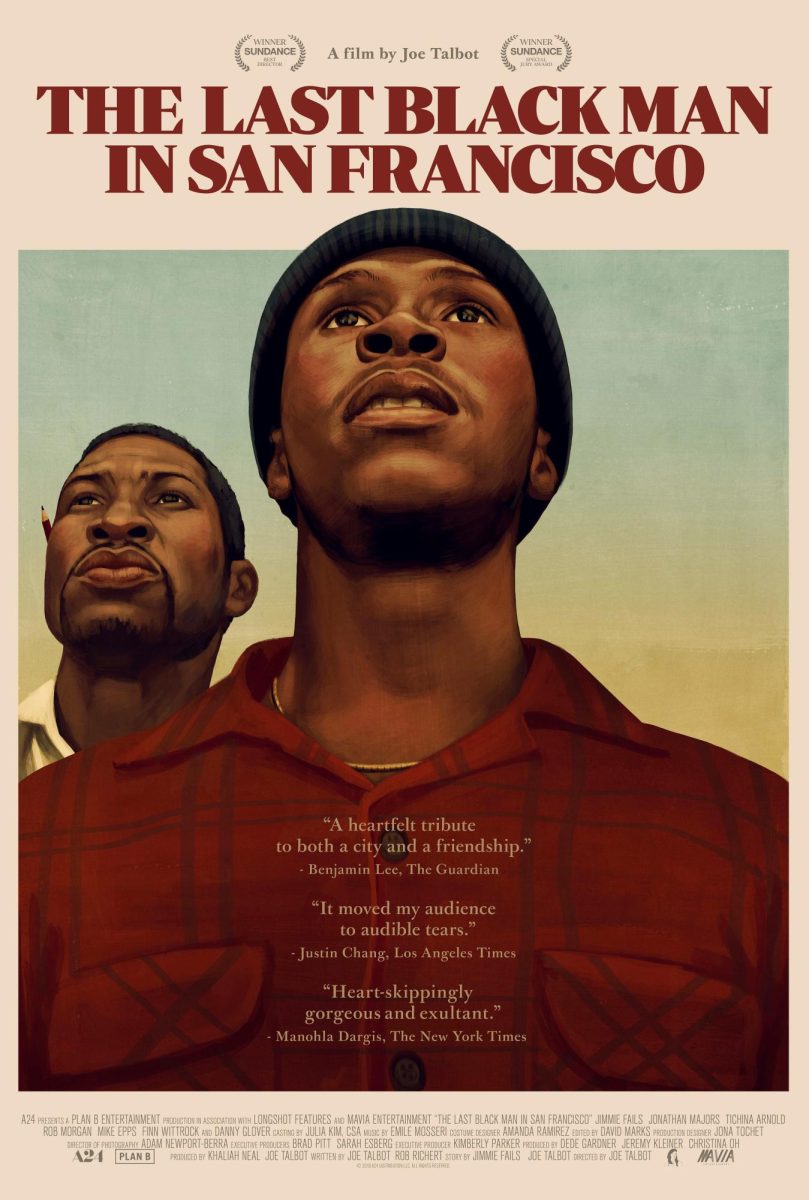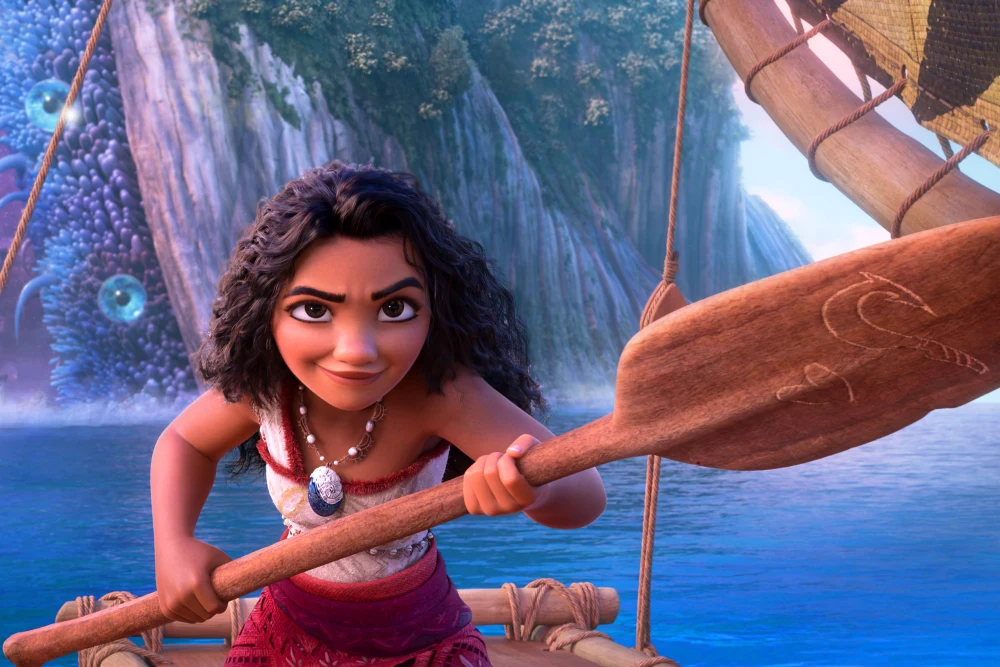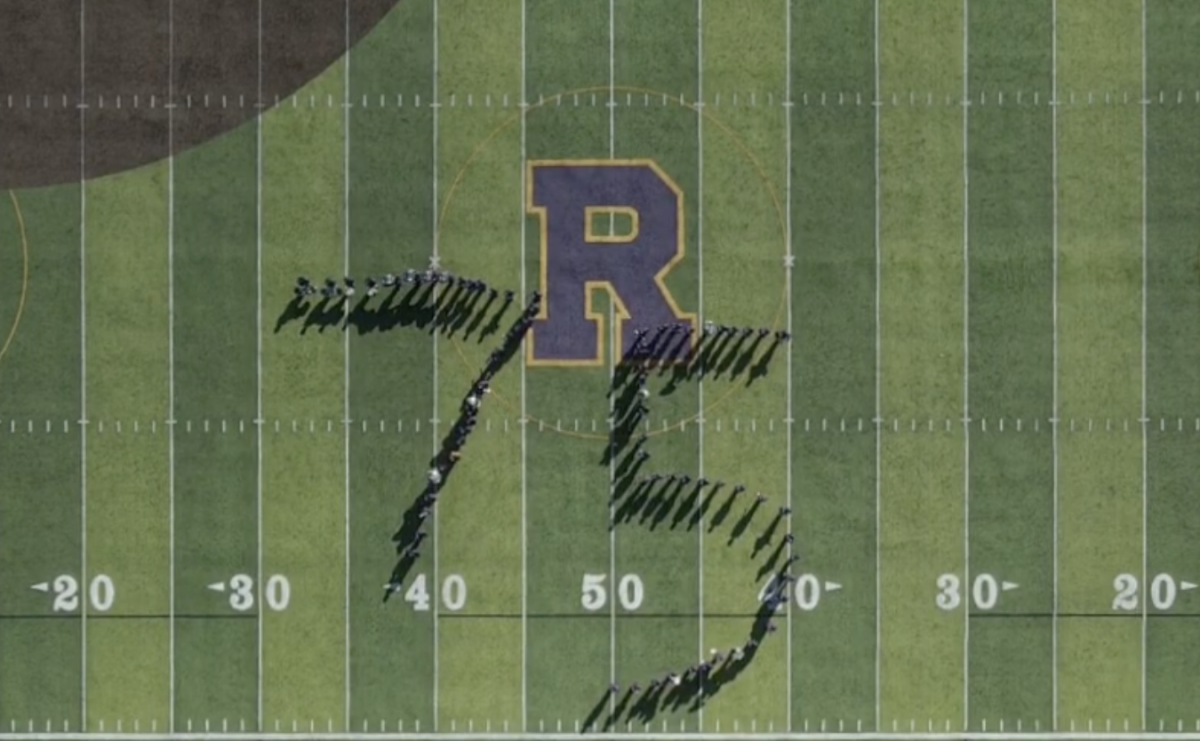It’s no secret that Battle Royale games currently dominate the gaming market. Many were introduced to the genre with 2017’s Player Unknown’s Battlegrounds (PUBG), a game that broke Steam, an online gaming distributor’s, record for concurrent players. Yet, the game that comes to mind when the words “Battle Royale” are uttered is most likely Fortnite.
However, the history of these games doesn’t start in 2017. The Battle Royale genre is ever growing and evolving; its growth is almost terrifying, and yet, the future remains unclear. Will these games cement themselves as part of the gaming landscape, or will they disappear like the other passing fads before it?
The Battle Royale genre takes most of its inspiration from two movies, the Japanese movie “Battle Royale” released in 2000, and “Hunger Games” from 2012. The concept is simple: a group of people is placed in an area that is slowly getting smaller from all sides. The combatants must then eliminate each other, with the last one standing being crowned the winner.
While both movies had more rules and nuances to their respective versions, the basic concept is what really caught the eyes of game developers. The first popular example of this concept being executed in games is the Hunger Games mod for the game Minecraft. Although this version is still popular, it stuck close to the movie it’s named after, and thus has more in common with that than the modern Battle Royale game.
The man who truly created the Battle Royale genre as we know it is Brendan Greene, better known by his gamertag PlayerUnknown. At the time, DayZ, a zombie mod for the military simulator game ARMA 2, had become extremely popular, with online personalities and events pushing the viewership even more. The most important of these events being, Survivor GameZ. GameZ was an online event that saw 16 teams of two trying to be the last ones standing in a private game of DayZ. This combined with the recent release of Hunger Games prompted Greene to try his hand at modding and create DayZ: Battle Royale.
The success of the mod was moderate at best, yet the concepts found in it still persist, such as weapons generated around the map, rather than in one place a la Hunger Games, and the circular safe zone. When the mod moved onto the newer ARMA 3, renamed ARMA 3: Battle Royale, the feature of spawning in a plane so you can choose where you start was implemented, creating the term “dropping.” However, Greene’s talents were limited, thus prompting him to accept a job from Sony Online Entertainment (Planetside 2, DC Universe Online) who had hoped to license out the concept for their zombie game H1Z1.
In 2015, Greene was brought on in an advisor role, as the gamemode would start as a side event for H1Z1 before spiraling out into its own separate game as H1Z1 King of the Kill in 2016. Yet, Greene had aspirations for something better, a game he could call his own and one that could realize his vision, thus bringing in PUBG Corp. (Formerly Bluehole Studios) to create his own game. PUBG hoped to capture the gaming public by creating a solid experience, while avoiding the anti consumer missteps that H1Z1 committed.
To many, PUBG seemed like lightning in a bottle. On release, it destroyed the popularity of its only competitor H1Z1 and its sales just kept rising. Yet, a competitor still arose, with Epic Games’ Fortnite. PUBG’s wings, clipped due to a litany of problems ranging from glitches to a cheater epidemic, couldn’t hold the spot as top dog of the genre for long, against a more polished, and free Fortnite.
While Greene had previously supported competition, saying in a 2017 Reddit AMA that, “Other companies will of course enter the marketplace, but I would just hope they put their own spin on the game-mode and not just make a carbon copy! I try not to worry about them to be honest and instead just concentrate on completing my vision for a Battle Royale game.”
Contrary to popular belief PUBG isn’t dead, but it is on its back foot to Fortnite which seems to have the same, it’s only growing bigger, moniker thrown at it daily. The biggest question at the end of the day is will these games be able to sustain this audience for a long amount of time? The general consensus is a resounding no.
Gaming, like all other entertainment industries, is one of passing fads. Whether it was survival games, zombie games, World War II games, each of them slowly died as the gaming public lost interest. However, that is not an absolute statement. It would not be surprising if the Battle Royale genre went the way of the MOBA with only two to three games remaining popular and viable while the others whittle away in disinterest. Only time will tell of these games’ staying power, yet one cannot forget the stranglehold it has on current popular culture. Whether it’s Esports Ready, Where are We Dropping, Go Tilted, or any other saying that permeates through the Riordan hallways, it’s very easy to see that right now these games are booming like California in 1849. The only question is, what happens when all the gold is gone?







